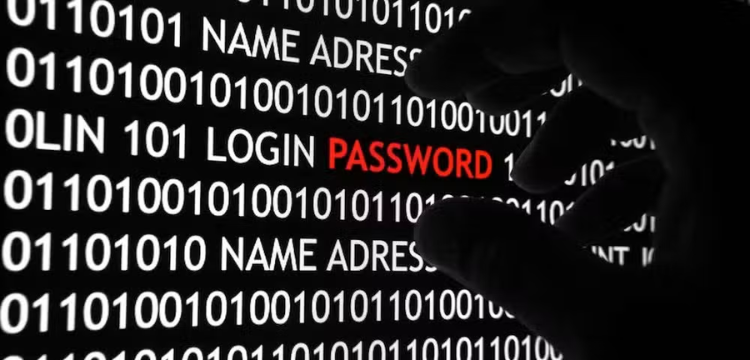The recent study conducted by cybersecurity company Kaspersky underscores the widespread issue of weak passwords and their vulnerability to cyberattacks. Here are the key findings and recommendations highlighted in their research:
- Password Vulnerability: Kaspersky analyzed nearly 200 million passwords and discovered that a significant portion, approximately 45% (87 million passwords), could be cracked by hackers in less than a minute. This alarming statistic underscores the ease with which weak passwords can be compromised.
- Password Strength: Conversely, only 23% (around 44 million passwords) were classified as strong enough to resist cracking attempts for over a year. This indicates a stark contrast between secure and insecure password practices among users.
- Recommendations for Better Security:
- Use Unique Passwords: Kaspersky advises using a unique password for each online service. This practice ensures that if one password is compromised, other accounts remain secure.
- Avoid Easily Guessable Passwords: Passwords based on easily accessible personal information such as birthdays, names of family members, pets, or common words should be avoided. These are often the first guesses made by attackers.
- Consider Password Managers: Given the challenge of remembering multiple strong passwords, Kaspersky suggests using a password manager. This software can securely store and auto-fill passwords across different services, requiring users to remember only one master password.
- Cybersecurity Threats: In 2023 alone, Kaspersky detected over 32 million attempts to steal passwords. This statistic highlights the ongoing threat posed by cybercriminals and underscores the importance of maintaining good “digital hygiene,” which includes using strong passwords and updating them regularly.
- Weak Password Patterns: The study also revealed that a significant majority (57%) of the analyzed passwords contained dictionary words. Such passwords are more susceptible to dictionary attacks, where attackers systematically try words and phrases commonly found in dictionaries or commonly used passwords.
In conclusion, the study by Kaspersky emphasizes the critical importance of using strong, unique passwords to protect personal and sensitive information online. Implementing these best practices can significantly enhance cybersecurity resilience and reduce the risk of unauthorized access to accounts.











